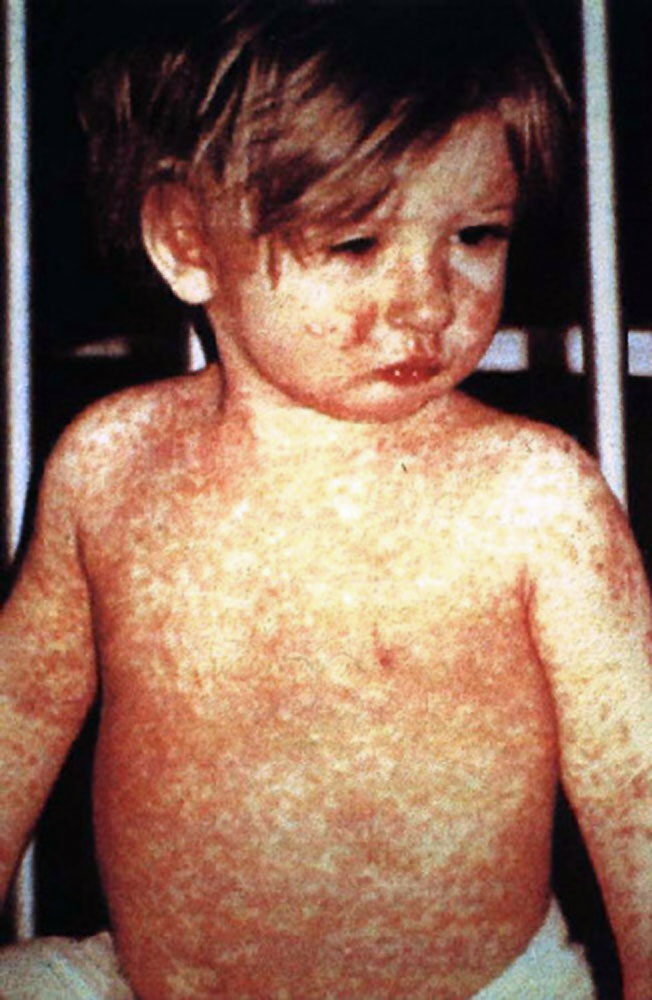Alberta Records Highest Measles Cases Since 1985: Health Officials Respond

Alberta has surpassed its previous measles record, originally set in 1985, with the number of reported cases reaching 868 as of June 13, 2025. This alarming increase has prompted strong reactions from health officials and the Alberta Medical Association (AMA), which emphasizes the critical need for vaccination and public health measures. Dr. Shelley Duggan, president of the AMA, stated that "this should not be happening and did not need to happen," underscoring the preventable nature of such outbreaks through vaccination.
The measles outbreak in Alberta, particularly concentrated in the South Zone, has raised significant public health concerns. As of Friday, an additional 11 cases were reported, bringing the total to 879. Dr. Duggan urged the public to assume exposure to the virus wherever they go, highlighting the severity of the situation and the urgent need for vaccination. The South Zone has reported the highest number of cases, totaling 612, while the North Zone has seen 139 cases, and the Central Zone has reported 104. Moreover, cities like Edmonton and Calgary have recorded six and 18 cases, respectively.
Measles is known for its high contagion rate, spreading easily through respiratory droplets. Symptoms typically begin with a fever, followed by a cough, runny nose, and red eyes, culminating in a distinctive rash. Health authorities stress that the measles vaccine is highly effective and is available free of charge in Alberta. Vulnerable populations, including pregnant individuals and those under five years of age, are at heightened risk for severe complications from the disease.
Historically, Alberta has maintained a measles elimination status, which now hangs in the balance. The World Health Organization (WHO) defines measles elimination as the absence of endemic measles transmission in a defined geographical area. Dr. Duggan expressed concern that if local transmission is not controlled by October, Alberta risks losing this status. The implications of such a loss extend beyond immediate health concerns, potentially affecting travel, public trust in health systems, and resource allocation for vaccination programs.
The resurgence of measles cases in Alberta aligns with a broader trend observed in various countries. The Centers for Disease Control and Prevention (CDC) has noted that vaccine hesitancy and misinformation have contributed to outbreaks globally. Dr. Jane Smith, an epidemiologist at the University of Alberta, stated, "We are witnessing a public health crisis exacerbated by misinformation and declining vaccination rates. It is imperative that we counteract this trend with accurate information and accessible vaccination programs."
Public health campaigns are critical to reversing the current trend. The Government of Alberta has initiated outreach efforts to educate communities about the importance of vaccination, particularly in areas with low immunization rates. The Alberta Health Services (AHS) is actively working to provide resources and information on how to protect against measles, urging the population to get vaccinated.
In conclusion, the significant rise in measles cases in Alberta serves as a stark reminder of the importance of vaccination and public health vigilance. Health officials continue to monitor the situation closely, with the hope that proactive measures will restore Alberta's measles elimination status and protect vulnerable populations from this preventable disease. The coming months will be crucial in determining the trajectory of this outbreak and the effectiveness of public health interventions.
Advertisement
Tags
Advertisement





